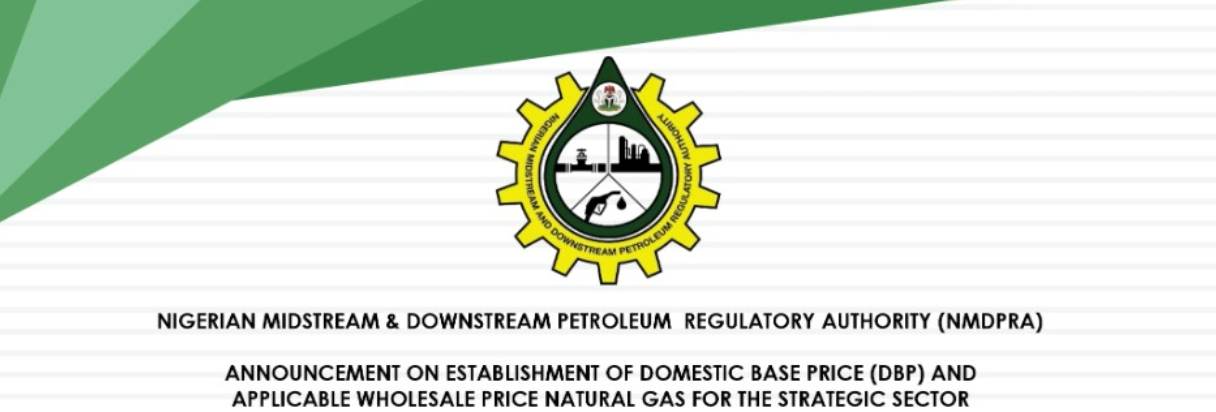The World Health Organisation (WHO) has disclosed that African governments spend 46 US cents per person’s mental health, an amount it says was well below the recommended US$2 per person.
WHO Regional Director for Africa, Dr. Matshidiso Moeti made this known in her message commemorating the 2022 World Mental Health Day.
Moeti stated that, World Mental Health Day which is marked on 10 October every year, provide an opportunity to draw attention to Africa’s large and growing burden of mental health conditions, with children and adolescents worst impacted.
She noted that this year’s theme, “Make Mental Health and Wellbeing for All a Global Priority”, serve as a reminder that, after nearly three years, the social isolation, fear of disease and death, and strained socio-economic circumstances associated with the COVID-19 pandemic have contributed to an estimated 25% global rise in depression and anxiety.
According to her, in the African Region, more than 116 million people were already estimated to be living with mental health conditions pre-pandemic.
The WHO Boss further disclosed that, “suicide rates remain particularly concerning, as are the exponential rates of alcohol use and abuse among adolescents as young as 13 years of age”.
To remedy this, she said, ”we need to urgently strengthen regulatory systems to close the gaps that allow such young people to easily access alcohol, contributing to heavy episodic drinking rates as high as 80% among teens from 15 to 19.
“The situation poses a serious threat to their education, while setting the stage for a lifetime of alcohol abuse, and the associated risks of noncommunicable and other related diseases”.
Also, she lamented that inadequate financing for mental health continued to be the biggest limitation, negatively impacting efforts to expand Africa’s mental health workforce:
“As things stand, there are fewer than two mental health workers for every 100 000 people, the majority of whom are psychiatric nurses and mental health nursing aids.
“With these scarce resources concentrated at large psychiatric institutions in urban areas, people at community and primary care levels are left critically underserved. For example, while two-thirds of Member States report having guidelines to integrate mental health into primary health care, fewer than 11% are providing pharmacological and/or psychological interventions at this level.
“It is however heartening that up to 82% of our Member States are receiving training on how to manage mental health conditions at primary care level, with up to 74% reporting that specialists are involved in providing appropriate training and supervision to primary health care professionals.
“African governments have also made some progress on mental health spending, which has risen to 46 US cents per person. But that is still well below the recommended US$2 per person, with mental health not featuring in national health insurance schemes.
“Countries especially need to strengthen the mental health and psychosocial response in humanitarian emergencies, including COVID-19 and Ebola, which have a significant negative impact on school-age children and our health care workers. Mental health and psychosocial support are integral to any successful response.
“On World Mental Health Day today, let us all commit to work together to deepen the value we afford to mental health, to reshape the environments that negatively impact mental health, and to strengthen the care systems to make mental health care accessible to all Africans”, Dr. Moeti said.









































